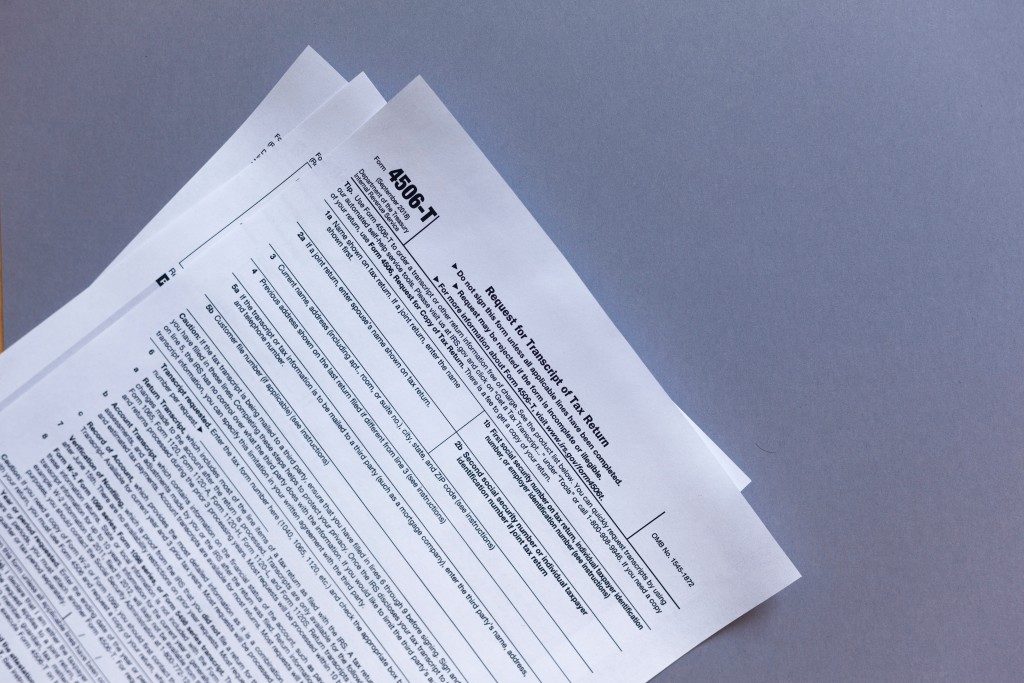Lockheed Martin, Boeing, and General Dynamics Corporation form the triumvirate of the top government contractors. In 2017, they won a combined $53.4 billion worth of contracts with the U.S. Government. For big corporations, like these three, bidding for government contracts is the primary driver of their business development initiatives. In 2013, for example, 78% of Lockheed Martin’s revenue was a direct result of government contracts, specifically military agreements.
Military contracts aren’t the only staple for these types of corporations. The health sector is also a massive source of business opportunities. McKesson Corporation, with its diverse portfolio of pharmaceutical products and services, earned $8.8 billion in government contracts in 2017, securing 6th place for that year’s top 30 list. What if you’re a company like https://tcsupfitting.com/truck-accessories/, which provides accessories for trucks and other items for law enforcement or traffic control? How can small companies participate in the government bidding process?
Who You Are
Reflecting upon your capability and main strengths is one of the first things that you need to do. What are your core competencies as a vendor? Do you have a product that only you supply in the market? This process will also help you identify what government contract you should go after. Remember that local, state, and federal government entities have different budget levels. The higher you go up of this bureaucratic ladder, the bigger the contract gets. If you cannot supply at the highest level, it might be best to remain a good-sized fish in a small pond.
The Government Procurement Process

Once you have a clearer picture of what products and services you can confidently offer, your next step is to hunt for these business opportunities. The first stop for potential bidders is to register at the System for Award Management or SAM. This is formerly known as the Federal Business Opportunities website or FBO. The purpose of getting on this system is two-fold: 1) to track business opportunities (tenders or contracts), and b) gain visibility with potential partners.
You will then need to get familiar with the system, like the search facility and where you can find opportunities. It takes time to learn this, and having a dedicated person to monitor this site is highly advisable.
Third-party Vendors
If you’re looking for a specific contract that’s more local and fits your expertise, some third-party vendors can help you track business opportunities. For local police equipment bids, check out FindRFP. Currently, items you can find for bidding include an ATV, night vision equipment, helmets, and protective eyewear. For a more sophisticated service, which not only helps you track contracts but also process required documentation, visit the US Federal Contractor Registration. You might consider this option down the road when you’ve established a track record. The fee might be thousands of dollars, but veterans to this type of facility know that a single contract won in a year will already pay for the service fee.
These are the general areas of consideration when pursuing a government contract. Note that the process can be tedious and highly technical in terms of the documentation requirements (that’s why third-party vendors are hired), make sure that you correctly fill out the forms. Are you ready for your first bidding experience?

